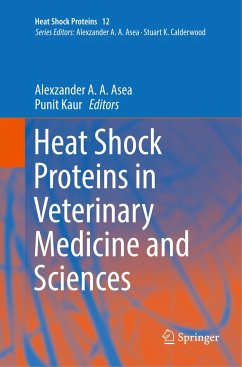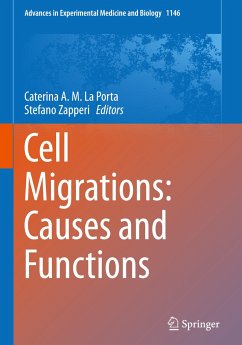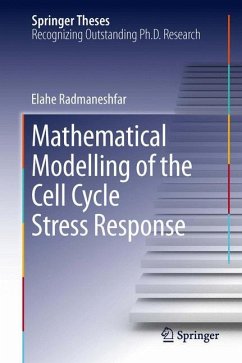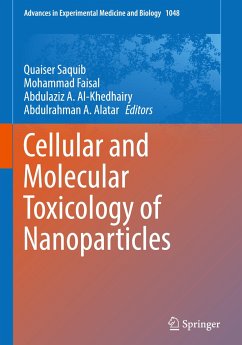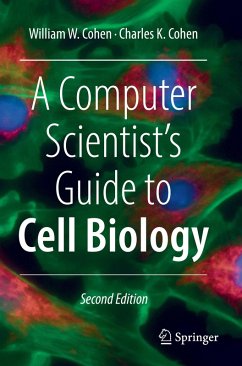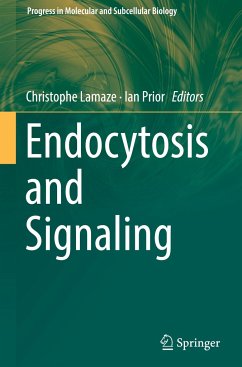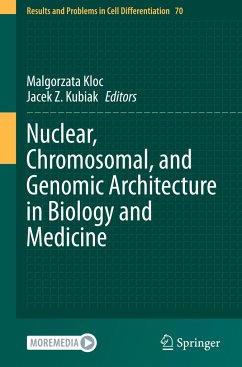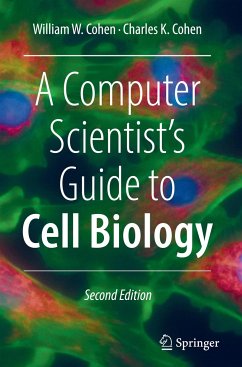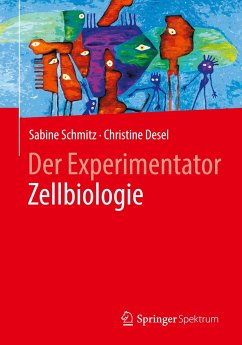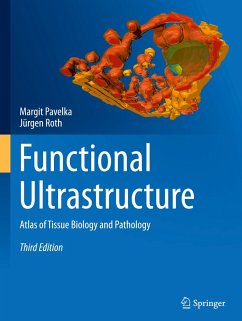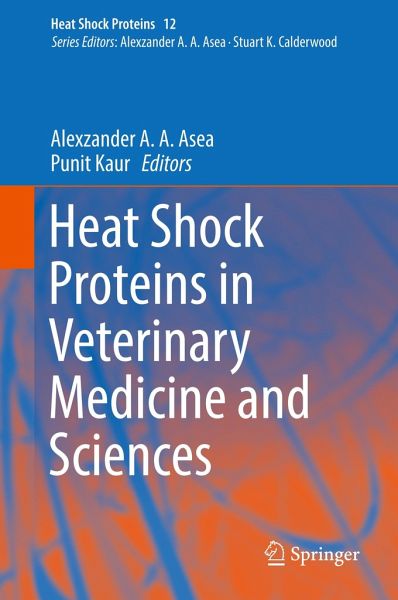
Heat Shock Proteins in Veterinary Medicine and Sciences
Published under the Sponsorship of the Association for Institutional Research (AIR) and the Association for the Study of Higher Education (ASHE)
Herausgegeben: Asea, Alexzander A. A.; Kaur, Punit

PAYBACK Punkte
57 °P sammeln!
This books provides up-to-date reviews on current advances of the role of HSP in veterinary medicine and research. Key basic and clinical research laboratories from major universities, veterinary hospitals and pharmaceutical companies around the world have contributed chapters that review present research activity and importantly project this field into the future.For easy readability, the book is sub divided into sections on HSP in the following aspects of Veterinary Medicine, including, I - Domestic Animals, II - Poultry, III - Aquatic and IV - Parasites.The book is a must read for heat shoc...
This books provides up-to-date reviews on current advances of the role of HSP in veterinary medicine and research. Key basic and clinical research laboratories from major universities, veterinary hospitals and pharmaceutical companies around the world have contributed chapters that review present research activity and importantly project this field into the future.
For easy readability, the book is sub divided into sections on HSP in the following aspects of Veterinary Medicine, including, I - Domestic Animals, II - Poultry, III - Aquatic and IV - Parasites.
The book is a must read for heat shock protein researchers in general and specifically those involved in clinical and research in veterinary medicine.
For easy readability, the book is sub divided into sections on HSP in the following aspects of Veterinary Medicine, including, I - Domestic Animals, II - Poultry, III - Aquatic and IV - Parasites.
The book is a must read for heat shock protein researchers in general and specifically those involved in clinical and research in veterinary medicine.





